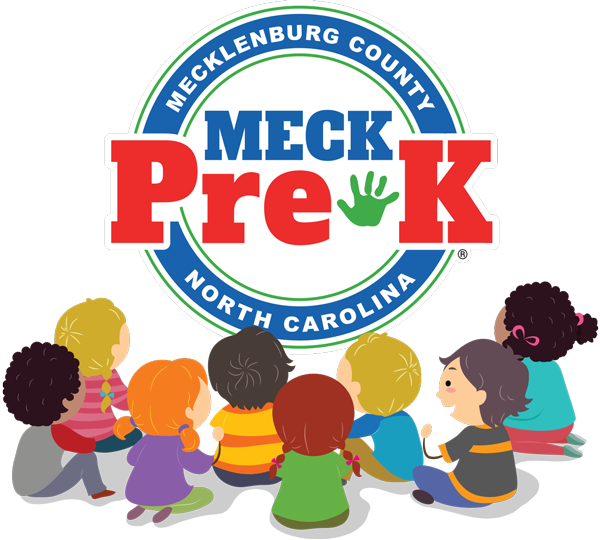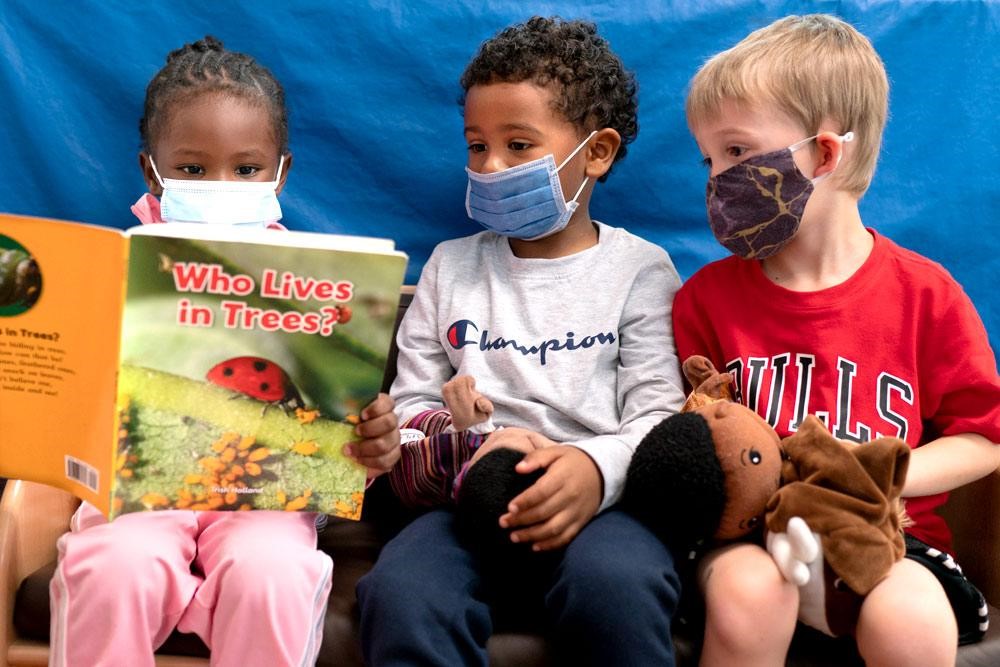How Important Is Pre-K to Childhood Development?
Pre-kindergarten (also known as pre-K or PK) is an educational program for 4- and 5-year-olds. As the name suggests, the goal is to prepare children for kindergarten and future success in life.
Pre-K is a classroom-based education designed to help children build social, physical, emotional, and cognitive skills. At the same time, it introduces classroom learning so that children are familiar with the process when they get to kindergarten.
Pre-K is not mandatory, so many parents may wonder about the benefits of pre-K vs. staying at home. To decide whether pre-K is right for your children, you should look closely at the available programs and see if your children can benefit from them.
Here is a look at the benefits of early childhood education to help you decide if your child should take this important step in their early education and development.
Before looking at the benefits of early childhood education, it is important to distinguish between the different options available. Some people use the terms pre-K and preschool interchangeably. Though both qualify as early childhood education, there are some subtle differences.
Differences Between Pre-K and Preschool
A preschool classroom focuses on children who are between 3 and 4 years old. Though the curriculum can vary from school to school, most preschools offer a less structured environment where children learn through semi-directed play.
Pre-K, on the other hand, is for 4-and 5-year-olds. Like preschool, it offers children a chance to develop social skills, but it is generally more structured than preschool. Pre-K teachers typically introduce reading, math, and phonics topics that the children will see again in kindergarten. The structured schedule helps children become familiar with the flow of a school day so that they know what to expect when they get to kindergarten.
What Children Get Out of Pre-K
Pre-K programs are different from other preschool or daycare-based programs. Children who go through pre-K are often better prepared for kindergarten. Here are some reasons why.
- Pre-K boosts school readiness – Numerous studies show that attending pre-K helps to increase a child’s school readiness. The introduction to both subject matter and classroom processes help children prepare to enter kindergarten.
- Pre-K helps children perform better – Since they are already familiar with the topics, children who attend pre-K are better equipped to succeed in kindergarten. This early start can help them stay in front of the curve for their entire academic career.
- Pre-K positively influences children’s behavior – Children who receive high-quality pre-K usually have better attendance, better responsiveness to their teachers, and fewer behavior problems than their peers.
- Pre-K helps with self-care and responsibility – In pre-K, children learn basic skills, such as keeping their workspace, desk, or cubby organized. With basics in hand, they will be able to adjust more quickly to kindergarten.
- Pre-K helps define areas for improvement or extra care – Some children need extra assistance to reach development milestones. Teachers can define these areas for extra focus or direct the child to a special program so that they can get the necessary instruction and support.
- Pre-K enhances print awareness – Children who participate in pre-K programs before kindergarten have an 85% increase in their print awareness, improving their chances of reading at or above grade level.
- Pre-K nurtures creativity and curiosity in a structured environment – Pre-K lets children be creative and curious but in a more structured environment than preschool. This helps them learn to be creative in a way that will further their success in a school setting.
Pre-K Vs. Staying at Home
Some parents may wonder about the benefits of pre-K versus staying home. They may feel that at home, they can introduce school subjects and organize time for their children to interact with other children. Here are some of the benefits of both approaches.
The advantages children can get from pre-K include the following:
- Quality of care – Children in a classroom-based setting receive higher quality care and instruction than in an informal daycare or playground setting.
- Pre-K keeps children active – With a structured learning and playing program, early childhood programs can help children stay active throughout the day compared to staying at home, where children are easily distracted.
- School is a great way to socialize with other children – Pre-K enables children to interact and socialize with peers every day, which helps develop their social skills.
- Character development – Formal classroom-based instruction limits children’s exposure to bad and random behavior and puts them in an environment where good behavior gets rewarded.
- Pre-K makes the transition to kindergarten easier – When children first set foot in a kindergarten classroom, it can be a very unfamiliar world in terms of social, behavioral, and academic expectations. Pre-K makes this transition easier because children will already be familiar with these expectations.
Here are some reasons parents choose to keep their children at home until kindergarten.
- Quality of care – Children in a classroom-based setting receive higher quality care and instruction than in an informal daycare or playground setting.
- Pre-K keeps children active – With a structured learning and playing program, early childhood programs can help children stay active throughout the day compared to staying at home, where children are easily distracted.
- School is a great way to socialize with other children – Pre-K enables children to interact and socialize with peers every day, which helps develop their social skills.
- Character development – Formal classroom-based instruction limits children’s exposure to bad and random behavior and puts them in an environment where good behavior gets rewarded.
- Pre-K makes the transition to kindergarten easier – When children first set foot in a kindergarten classroom, it can be a very unfamiliar world in terms of social, behavioral, and academic expectations. Pre-K makes this transition easier because children will already be familiar with these expectations.
Ready to try pre-K? Learn more about enrolling in free pre-kindergarten at MeckPreK.org.

